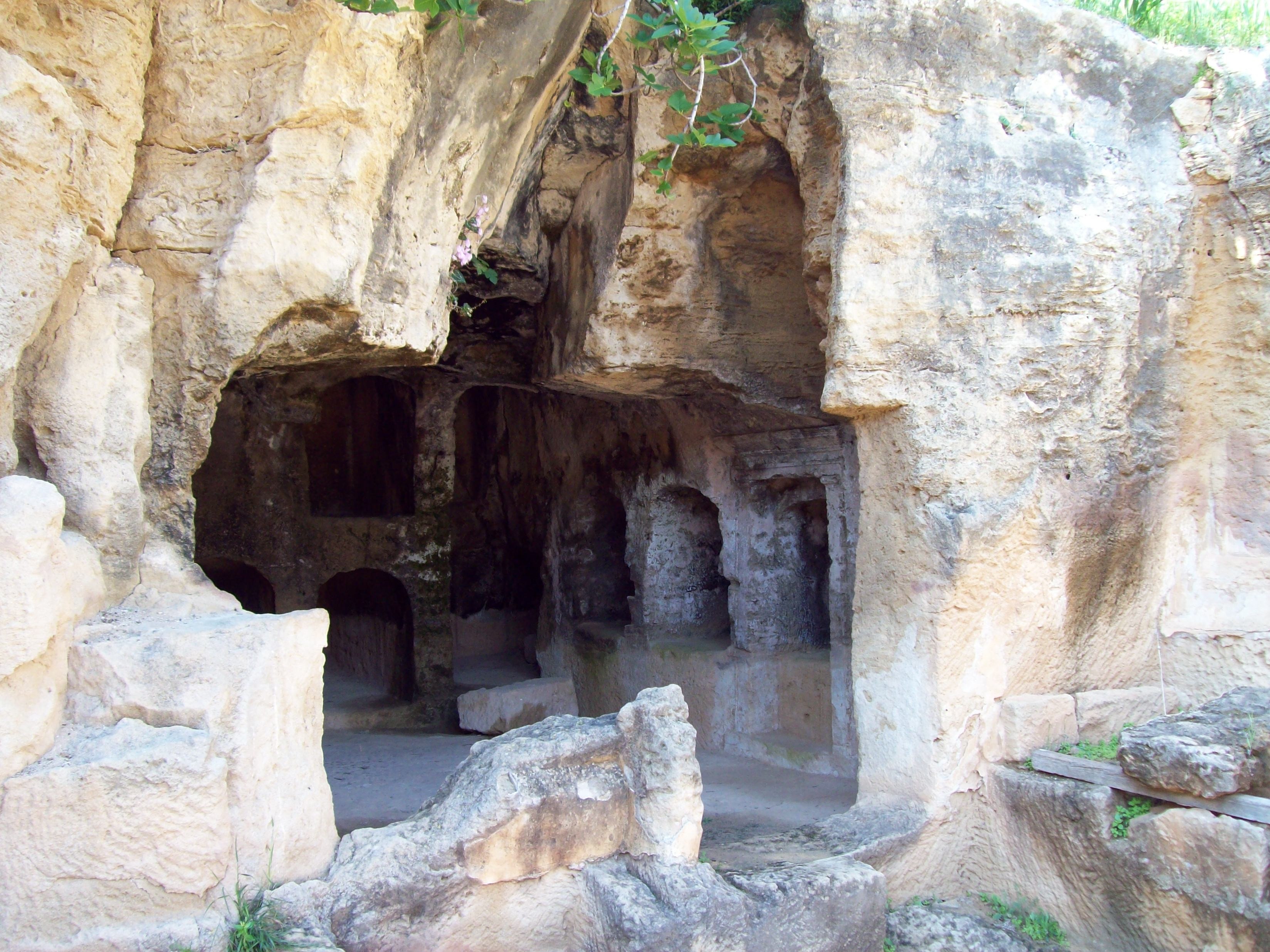Third Sunday of Easter
Fr. Ken Thesing, MM
April 18, 2021
Acts 3: 13-15; 17-19; Psalm 4: 2, 4, 7-8, 9; 1 John 2: 1-5a; Luke 24: 35-48
Fr. Ken Thesing, MM, explores what it means to be “witnesses” of Jesus’ Resurrection.
This week, we are filled with the emotions and remembrances of Easter. The dark Holy Week images of the suffering of Jesus in the Garden of Gethsemane and the crucifixion and death at Golgotha linger in our minds, too. But still more we are filled with the joy of Jesus’ resurrection on Easter morning.
Our Gospel today begins with the joy of the disciples. The two disciples returned from Emmaus tell of their experience of Jesus on their journey. The other disciples tell of their experience and share the news that Christ is risen.
And even as they are speaking excitedly of this, our reading says, “Jesus himself stood among them and said to them, ‘Peace be with you.’ And they were startled and terrified, and thought they were seeing a ghost.”
Scripture teaches us that when human persons enter into God’s presence, they are seized by wonder and fear. This was the experience of Zechariah and Mary when they received the messages of the angel. And it was the experience of the apostles, too, at the transfiguration of Jesus. This fear is not the terror of danger but rather the feeling of being astonished and overwhelmed when God reveals Godself.
Doubt is also present whenever Jesus appears but is not immediately recognized. Mary mistakes him for the gardener early on Easter morning; the Emmaus disciples mistook him for another traveler when they met and talked on the road. And today, too, the disciples are asked by Jesus, “Why are you frightened and why do doubts arise in your hearts?”
Living in our modern times, with our knowledge of and belief in science, and with so many competing voices and sources telling us what is ‘true’ and what are ‘facts’, we can understand and appreciate the doubts of these disciples of Jesus who did not easily come to belief in the resurrection. Jesus showed himself to them. Today he speaks, “Peace be with you.” He says, “touch me and see.” He asks them, “Have you something to eat?”
It took time for the apostles and for all the disciples to accept the new reality, the reality that Jesus had entered into God’s glory, the one Jesus called Father, and that he was now alive and present with them with that life of God.
That spiritual journey of the disciples to faith in Jesus is ours now, too. We, too, are invited to gather at the Eucharist. We are invited to gather as companions (for “com-panis” means share bread together); to share this one body and one blood, listen to Jesus’ words. Even with so many doubts and uncertainties, we might still know the same Jesus is with us, as he was with the early disciples.
And so, we, as Jesus’ disciples, what are we to do? Pope Francis says we are called to be “missionary disciples.” All of us, laity and religious and clergy, we are all called by Christ to conversion and prayer, and to be witnesses of Christ’s peace. At the Eucharist, as the bread and wine become the Body and Blood of Christ, we hear the words, “Do this in memory of me.” And the very last words of our Gospel reading this morning give us the same challenge: “You are my witnesses of these things.”
Of what are we witnesses? Again, what are we to do, we might ask? And our answer is found in another question. What did Jesus do? He cured the sick, fed the hungry, searched out the lost, gave voice to the mute. When these things continue to be done through us, it means that Jesus is still alive today and that his Spirit is still present in the world.
Our belief in the Lord’s resurrection should urge us forward and move us to change our ways of thinking and acting and living, so that we can be the “witnesses” Peter calls us to be in today’s first reading. And now, as missionary disciples, let us do what we have seen and heard in Jesus, who remains alive in our midst and in our hearts today.
Photo available on Pixabay.

